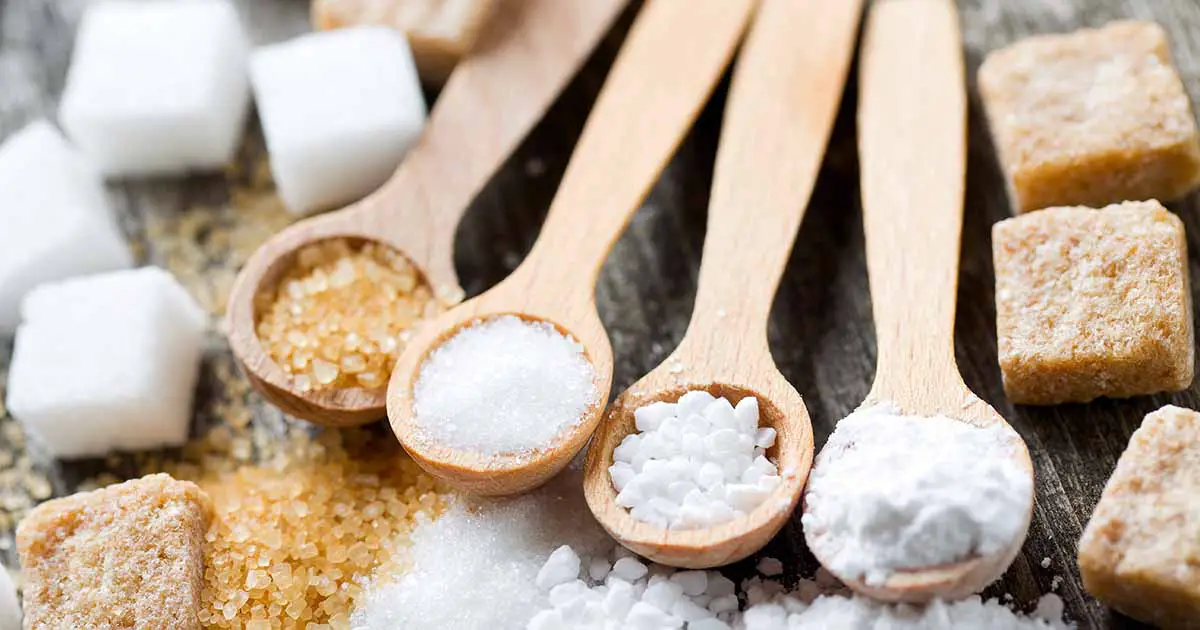Introduction to Egg Cookery
An egg is a nutritious alternative source of protein to ovavagens. It is packed with a lot of protein and other energy-giving nutrients.
Initially, eggs were treated as non-vegetarian in nature, but today science has proved that unfertilized egg
can be treated as vegetarian.
Egg cookery is very vast by itself. Eggs are used for cooking, baking, poaching, etc. be it in Indian style of cooking or continental, it plays a vital role. Eggs of hens, ducks, geese, quails, ostrich, and emu are used frequently nowadays.
The most popular and widely used eggs are of hens in India, although eggs of turkeys, guinea fowls, ducks, and geese are also used.
Color
The color of eggshells and egg yolks varies with the breed of hen and the food they eat, but this makes no difference to the food value.
Temperature
The ideal storage temperature for eggs is 2-5°C.
Significance
Eggs are essential to all kinds of cooking, not only in the preparation but as food in their own right. They produce meals that are economical in price, and with a minimum of waste and time. By the term egg we mean those of the domestic hen, but these are not the only edible eggs. There are those of ducks, geese, turkeys, also of wild birds such as plovers and gulls.
An egg has been described as a “Complete Food” because they are highly nutritious and used in a range of recipes. Yolks and eggs are used separately.
In all culinary preparations, eggs are used for binding, coloring, enriching, increasing volume, coating, etc.






